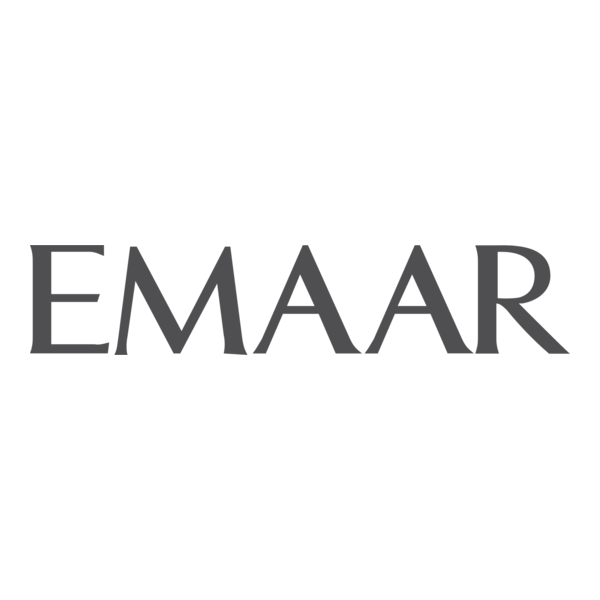Dubai Home Loans (2025 Guide: Rates, Eligibility & Process)

What Are Your Mortgage Choices in Dubai
Lenders in Dubai offer several types of home loan products, each with distinct features. The primary choice you'll make is between a fixed or variable interest rate, but other specialized financing options are also available to suit diverse needs.
Fixed-Rate and Variable-Rate Mortgages
A fixed-rate mortgage comes with an interest rate that remains constant for a set period, typically one to five years. This provides stability and predictable monthly payments, making it easier to budget. After the fixed term ends, the rate usually converts to a variable one.
In contrast, a variable-rate mortgage has an interest rate that fluctuates based on the Emirates Interbank Offered Rate (EIBOR). While this type of loan can lead to lower payments if the EIBOR drops, it also carries the risk that your payments could increase if the rate rises.
What other mortgage types exist
Beyond the standard fixed and variable options, Dubai's market offers several other mortgage types for various situations, including those seeking a Dubai investment property:
- Islamic Mortgages: These Sharia-compliant financing options do not involve interest. Instead, the bank buys the property and then sells or leases it back to you at a profit, with payments made in installments. This Dubai Islamic mortgage is an ethical, interest-free alternative available to both Muslims and non-Muslims.
- Buy-to-Let Mortgages: Also known as investment mortgages, these are designed for buyers who intend to rent out the property. Lenders consider the potential rental income when assessing the loan amount for a Dubai buy-to-let mortgage, though interest rates may be slightly higher.
- Offset Mortgages: This option links your savings account to your mortgage, using your savings balance to reduce the amount of mortgage interest you pay. It is an excellent choice for individuals with substantial savings.
- Remortgages: This involves taking out a new mortgage to pay off an existing one, often to secure a lower interest rate, better terms, or to release equity from your property.
Who Can Qualify for a Mortgage
Both UAE residents and non-resident international investors can obtain a mortgage in Dubai, although the requirements and terms differ. Lenders assess applicants based on several key criteria to determine eligibility for these Dubai home loans.
Eligibility for UAE Residents
For residents, the general eligibility criteria for home loans in Dubai are fairly standard across most banks in 2025:
- Age: You must be between 21 and 65 years old.
- Income: A minimum monthly income is required, typically around AED 15,000 for salaried individuals and AED 25,000 for the self-employed. Some banks may consider lower incomes, but this is less common.
- Employment: Salaried individuals usually need to have worked for their current employer for at least six months. Self-employed applicants must typically show proof of their business operating for at least two years.
- Credit Score: Lenders will check your credit history to ensure you have a good track record of repaying debts.
What about non-resident investors
Non-residents can successfully apply for Dubai non-resident mortgages to purchase property in designated Dubai freehold property areas. However, the conditions are stricter. While the process is similar, non-residents should expect a higher down payment requirement in 2025, often between 40-50% of the property's value. Each bank maintains a list of eligible countries, and applicants must be a citizen of one of them to qualify.
The Mortgage Application Process Explained
Navigating the mortgage process can be broken down into a few clear steps, from initial assessment to finalizing the purchase of your property.
- Get a Pre-Approval Letter: Securing mortgage pre-approval in Dubai is the most crucial first step. A pre-approval letter from a lender states the maximum amount they are willing to lend you. It confirms your budget to sellers and real estate agents, strengthening your negotiating position. This document is typically valid for 60 to 90 days.
- Find the Right Property: With your budget confirmed, you can begin your property search with a real estate agent. The pre-approval gives you ample time to find a home that meets your financial and personal requirements.
- Finalise the Purchase and Apply: Once you find a property, you will sign a Memorandum of Understanding (MOU) and pay a deposit. You can then submit your formal mortgage application with your chosen lender, providing all required documents.
- Property Valuation: The lender will conduct a valuation of the property to ensure its market value aligns with the purchase price. This is a mandatory step before the loan is disbursed.
- Complete the Legalities: After the valuation is approved, the lender releases the final loan amount. You can then complete the property transfer process with the Dubai Land Department (DLD) and become the official owner.
What Documents Are Required
Being prepared with the correct documentation will ensure a smooth and timely application process for your Dubai home loan. While requirements may vary slightly between lenders, the following are generally needed:
For Salaried Individuals:
- Passport and Visa copies
- Emirates ID copy
- Salary certificate
- Recent payslips (usually six months)
- Bank statements (at least six months)
- Proof of address (e.g., a DEWA bill)
For Self-Employed Individuals:
- All of the above (as applicable)
- Company trade license
- Memorandum of Association
- Audited financial statements for the business
- Company bank statements (usually 12 months)
Understanding the Associated Costs
Beyond the property price, several other costs are involved in securing a mortgage and completing a property purchase. It is essential to budget for these upfront fees for your Dubai home loan.
- Down Payment: For residents, the minimum down payment for a property under AED 5 million is 20%. Non-residents typically need to provide a down payment of 40-50%.
- Dubai Land Department (DLD) Fee: A mandatory transfer fee of 4% of the property value.
- Mortgage Registration Fee: The DLD charges 0.25% of the loan amount to register the mortgage.
- Bank Processing Fee: Lenders charge a fee to process the application, usually 0.5% to 1% of the loan amount.
- Valuation Fee: This fee covers the cost of the property valuation and typically ranges from AED 2,500 to AED 3,500.
- Trustee Fee: A fixed fee of around AED 4,200 is paid to a DLD-approved trustee for handling the property transfer.
Final Thought
Whether you are a resident looking to buy your first home or a foreign investor expanding your portfolio, Dubai’s home loan market offers accessible and diverse solutions. In 2025, by understanding the different mortgage types, eligibility requirements, and all associated costs, you can confidently navigate the financing process. Working with a professional mortgage broker can further simplify the journey, ensuring you secure the best possible terms for your long-term financial commitment.
Get Your Free Dubai Investment Guide
What's Inside:
- ✓8+1 reasons international investors buy in Dubai
- ✓Market overview – the numbers you must know before investing
- ✓Off-plan vs Ready – what are the advantages?
- ✓Top 6 emerging locations for off-plan investment
- ✓Golden Visa – frequently asked questions answered
Your information is private. We never spam.







